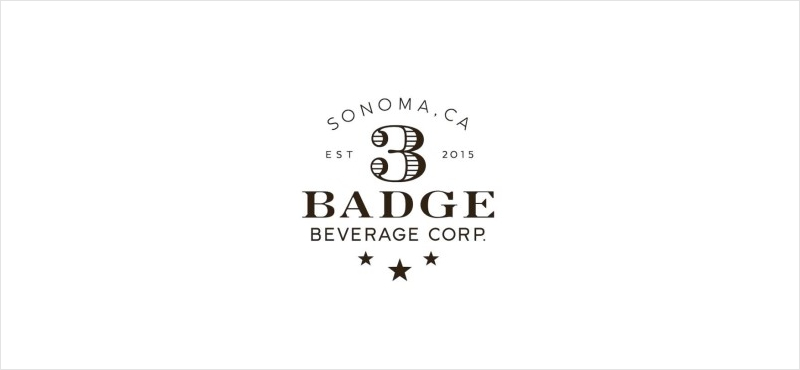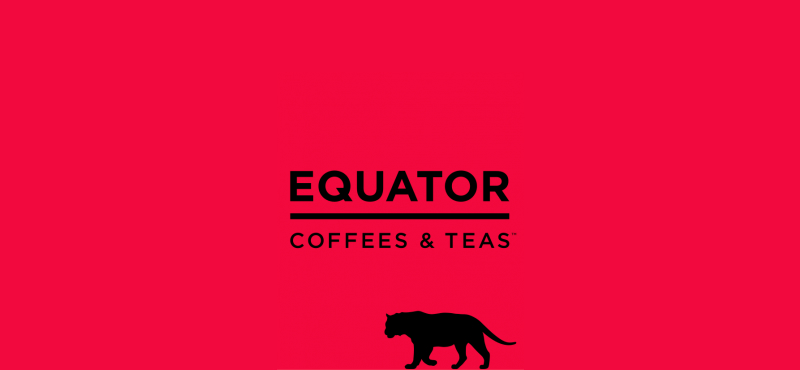Capital Access Group (www.capitalaccess.com), a commercial real estate lender specializing in U.S. Small Business Administration 504 loans for growing businesses, announced today that it arranged $2,138,200 in total project financing for 3 Badge Beverage Corporation (www.3badge.com), formerly The Other Guys, to purchase a 9,550 sq. ft. historic fire house located at 32 Patten Street in Sonoma, CA.
The principals of 3 Badge Beverage Corporation are fourth-generation members of one of Sonoma’s oldest wine families – one that has been a leader in the California wine industry since their great-grandfather, Samuele Sebastiani, opened his eponymous winery in Sonoma almost 110 years ago. The company is committed to producing top-quality wines and spirits at reasonable price points.
The facility at 32 Patten Street, known locally as “the old firehouse,” was originally built in 1948 as a combined police and volunteer fire station. For many years, it was a “utility player,” serving as temporary office space for city departments when they were going through seismic upgrades or in need of extra space. The building retains the firehouse doors and two-story interiors where fire trucks were parked. The location and historic nature of the building make it an important gateway to the surrounding community.
“Currently, our greatest area of need is more office space,” said August “Aug” Sebastiani, President, 3 Badge Beverage Corporation. “We were busting at the seams at the place we were renting, and we saw the opportunity to not just improve square footage in terms of office space, but also to add 5,000 feet of garage space.”
3 Badge will utilize the building as half office, half warehouse space. The new facility will help to ultimately house 22 new jobs for the company.
“This big, beautiful firehouse tells a story, which is reflected in the new brand identity” said Sebastiani. “My grandfather and namesake had three volunteer firefighter service badges, my dad and uncle were also volunteer firefighters. And when I was on the City Council we used the firehouse as temporary office space when we redid City Hall. My family is historically well-connected to this space.”
“We sat down with our bank and said we want to make a play for this building,” said Sebastiani. “The SBA 504 loan with Capital Access Group ended up being the most attractive option. Ultimately, the 504 loan will allow us to focus our capital on developing a new spirits program aggressively, instead of locking up capital in the down payment.”
“3 Badge Beverage Corporation and the Sebastiani family have such a strong history in Sonoma and the California wine industry,” said Jacklyn Jordan, President and CEO of Capital Access Group. “We were honored to help them purchase this historic firehouse, and we are pleased that the SBA 504 program’s low interest rates and low down payment will help to facilitate their growth.”
“This was our first exposure to Capital Access Group,” said Keith Casale, CFO, 3 Badge Beverage Corporation. “The experience was great and working with the Capital Access Group team was fantastic. I couldn’t have done it without them.”
Click here to see the full article.

